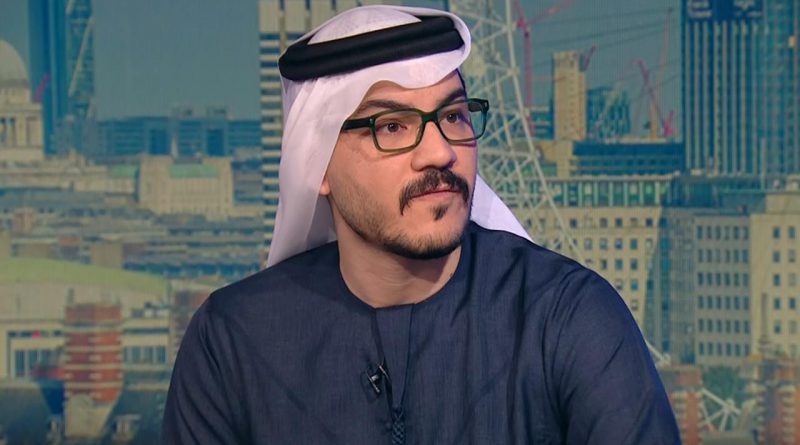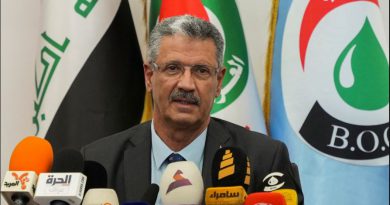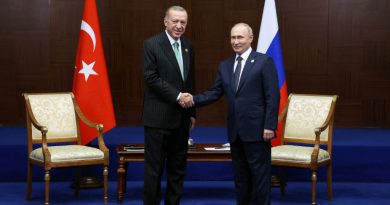India’s Right to Defend—When Terrorism Strikes, Justice Must Prevail: UAE Political Analyst
Abu Dhabi — UAE-based political scientist Amjad Taha stirred conversation with a powerful statement on X on Friday, defending India’s right to act against terrorism. “India has every right to strike back hard against terrorists,” he wrote. “Islamist extremists attacked its people, and their cowardly leaders ran and hid in Pakistan, so India did what any responsible nation would: took them out.”
Taha’s remarks come in the wake of deadly terror attacks in Jammu and Kashmir, where civilians, including children, were killed by militants reportedly backed by Pakistani extremist networks. India responded swiftly, targeting the militant infrastructure across the Line of Control, a move supported by many across the region as both proportionate and necessary.
“This isn’t aggression — it’s justice,” Taha continued, pointing out the hypocrisy of critics who remained silent during the initial bloodshed but have now taken issue with India’s right to defend itself.
Among the more troubling developments, however, is Pakistan’s reported targeting of civilian areas in cross-border shelling, which has resulted in casualties and displacement. Human rights groups have voiced concern over this escalation, calling it a violation of international norms.
What has further inflamed opinion, particularly in the UK and parts of Europe, is the reaction from certain Western lawmakers. “Why are some British MPs acting like they’re part of Pakistan’s PR team instead of serving their own country?” Taha asked pointedly, reflecting a sentiment shared by many Indian and international observers alike.
In a time when terrorism is increasingly transnational, the notion that democracies must remain passive in the face of violence is not only outdated but dangerous. Drawing a comparison to the October 7th Hamas attacks on Israel, Taha noted the eerie similarities: “Just like Israel, ambushed in its sleep by genocidal terrorists, India woke up to dead babies in Kashmir — murdered by extremists. And suddenly, the same voices that were silent during the massacre are now loud against the response.”
The political scientist didn’t mince words about the surge of Muslim Brotherhood-linked rhetoric in European media, where self-styled “experts” have emerged to criticize India while glossing over the root cause — terrorism.
“The truth is simple: don’t cry about the response when you applauded the attack. You started it, you don’t get to choose how it ends,” Taha asserted. He concluded his post with a deeply resonant quote: “When dharma is attacked, the warrior rises. And when the warrior rises, the war ends one way: victory.”
As the world grapples with the balance between justice and diplomacy, the Indian case forces a stark reconsideration: when a nation is attacked, is it not duty-bound to defend its citizens — swiftly, decisively, and without apology?
For many, Taha’s words have become more than a commentary — they are a call for moral clarity in a world too often clouded by selective outrage.



